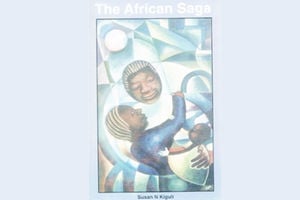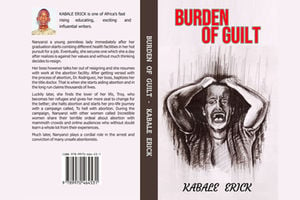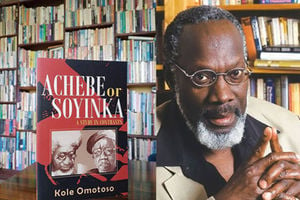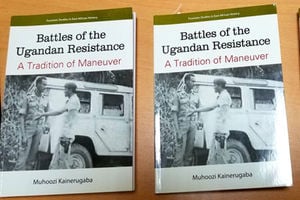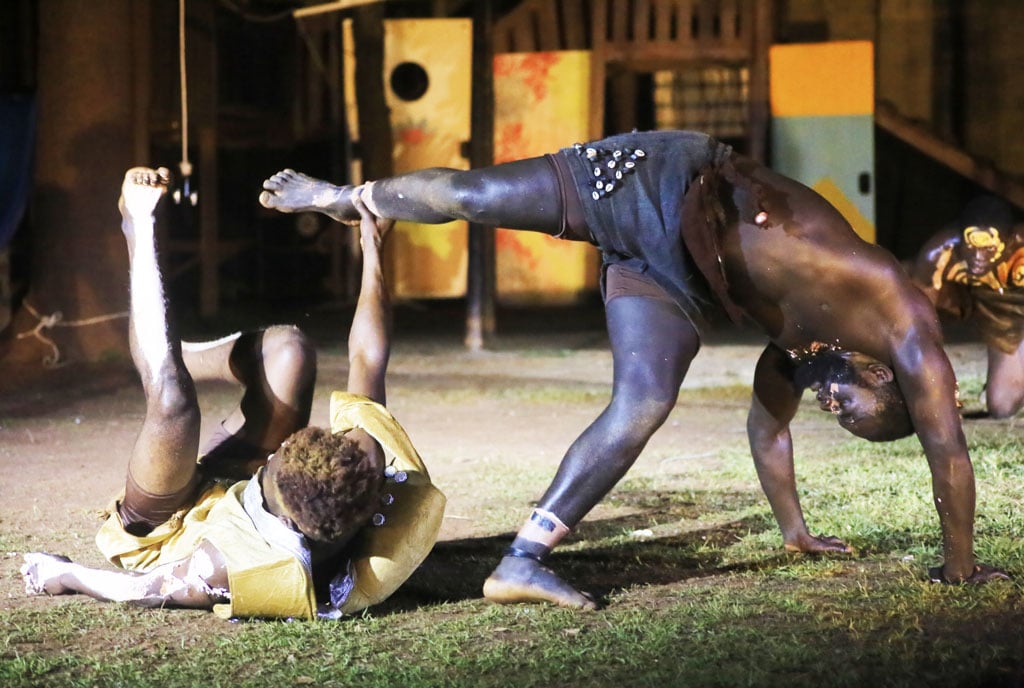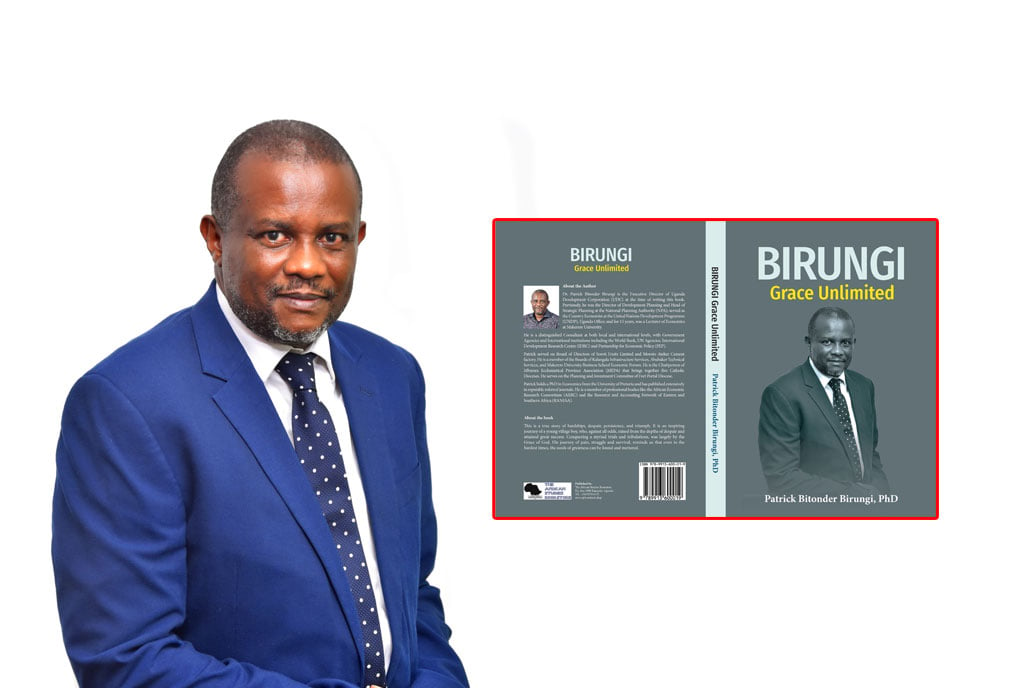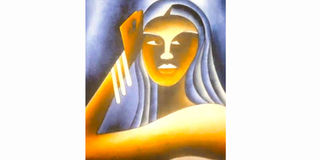
Title: Cassandra
Author: Violet Barungi
Price: Shs20,000
Availability: FEMRITE bookshop
Published: 2003
Pages: 249
Philip Matogo
A trope is the fraternal twin of a cliché, only blessed with more polish and finesse.
At any rate, it takes us to the beating heart of a story by using a significant or recurrent theme, a motif, in hopes that such familiarity does not breed contempt. But instead facilitates literary accessibility.
Essentially, it helps structure a story arc; bending it towards character development and settings, which throw such characters into sharper relief.
In so doing, its creative masonry helps build the story’s conflict, developing its main plot points, and finally resolving that conflict. The main building blocks of such a narrative structure are tension, suspense, and surprise. In different literary genres, there are different tropes.
Cassandra, an exceedingly well written book by Violet Barungi, employs the classical romantic novel tropes to tell an enchanting story. These tropes are love at first sight, a love triangle, enemies to lovers, opposites attract and the notion of a love so beautiful yet so impossible.
Love at first sight
Cassandra Tibwita Mutono is a tough-as-nails feminist by temperament and an editor at a publishing firm called Lotus International by trade.
A young lady in her early 20s, Cassandra’s beauty is like a weather forecast revealing sunshine throughout the day to all those who bask in her incandescent presence. Instead of cashing in on her bewitching good looks, however, she is determined to scale the heights of her chosen career by the sweat of her brow.
Nothing can deter her. She is going to the very top.
Well, that is until she meets Raymond Rutagi Atugamba. He is a chick-magnet, seducing women at the drop of a hat. And, as a successful architect, his career echoes the words of comedian Chris Rock: You can lose a lot of money chasing women. You’ll never lose women chasing money.
Three’s company
“She was tall and slender, with the most vivid brown complexion Cassandra had ever seen. Her voluptuous figure was encased in a lilac outfit, with a shimmering pink blouse inside. Her liquid eyes met Cassandra’s in their general sweep of her immediate neighbourhood and lingered on her briefly before they moved on. Cassandra on her part was hypnotized by the other lady’s poise and elegance and was still studying her when Raymond returned,” goes the story.
This is Constance Belinda Kyomuhendo, Raymond’s wife. Sure, they are separated. But not divorced, Belinda will not hear of it. So Cassandra, Belinda and Raymond are crowded out by the weakness in numbers which characterizes a twosome, driven along by a Third Wheel.
Sub-plots
As love rents the air with strains of beating hearts, there are other characters whose roles amount to mere undercards in the grand scheme of things.
There is Horace Kalanzi, a tycoon who loves and ultimately leaves Cassandra’s sister Dr Melinda Nshemere-Mutuno. Then there is young Steve, his tragic death adds yet another layer to this layered love story.
Cassandra’s parents and workmates make cameo appearances, here and there.
Her office colleague George fulfills yet another trope: the workmate who proves that chivalry is not dead by his unselfish devotion to the protagonist.

